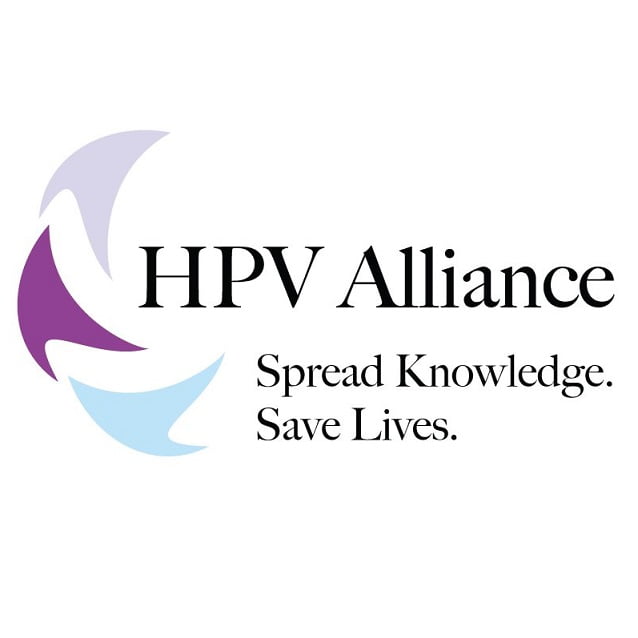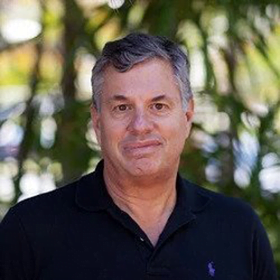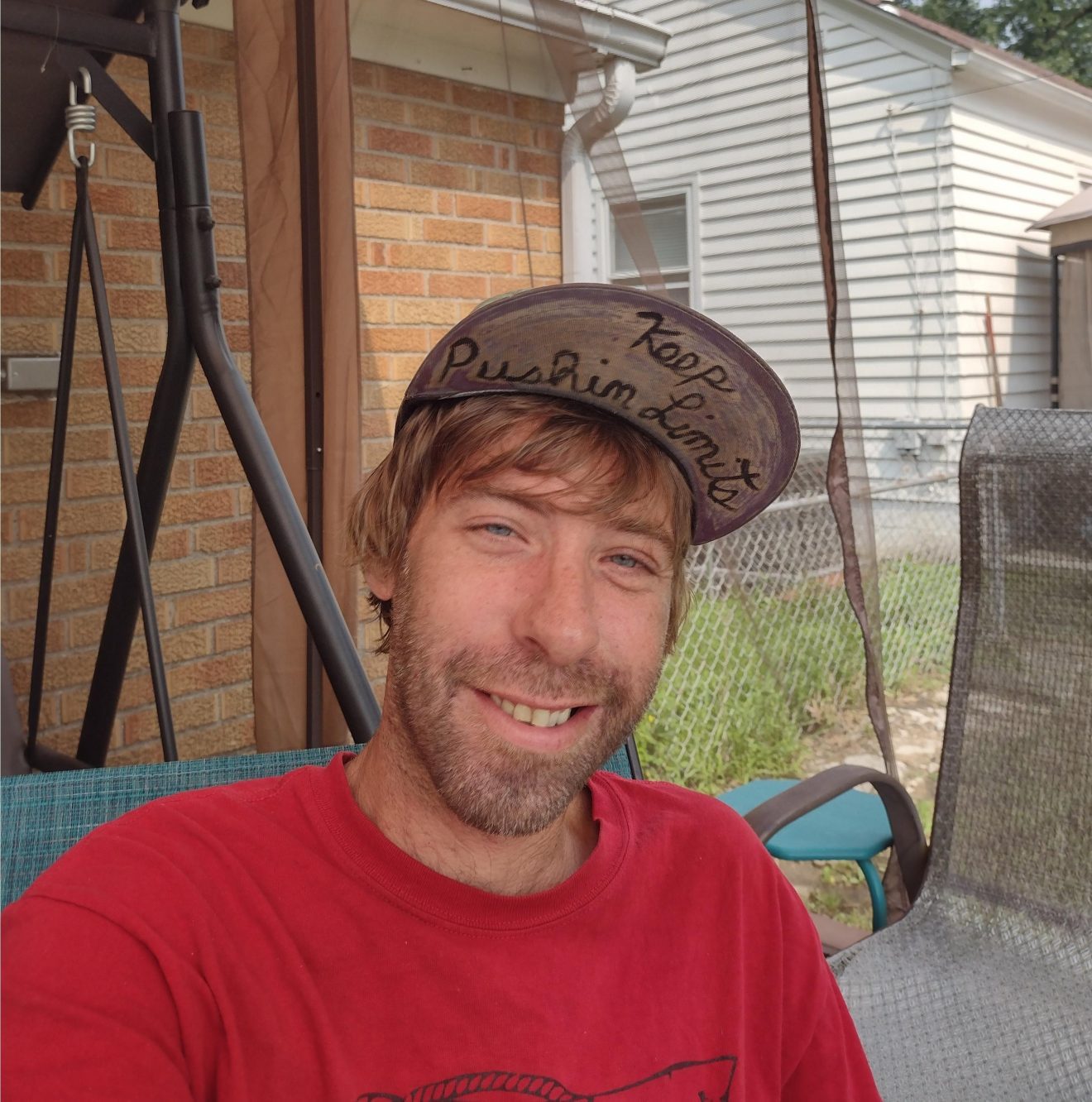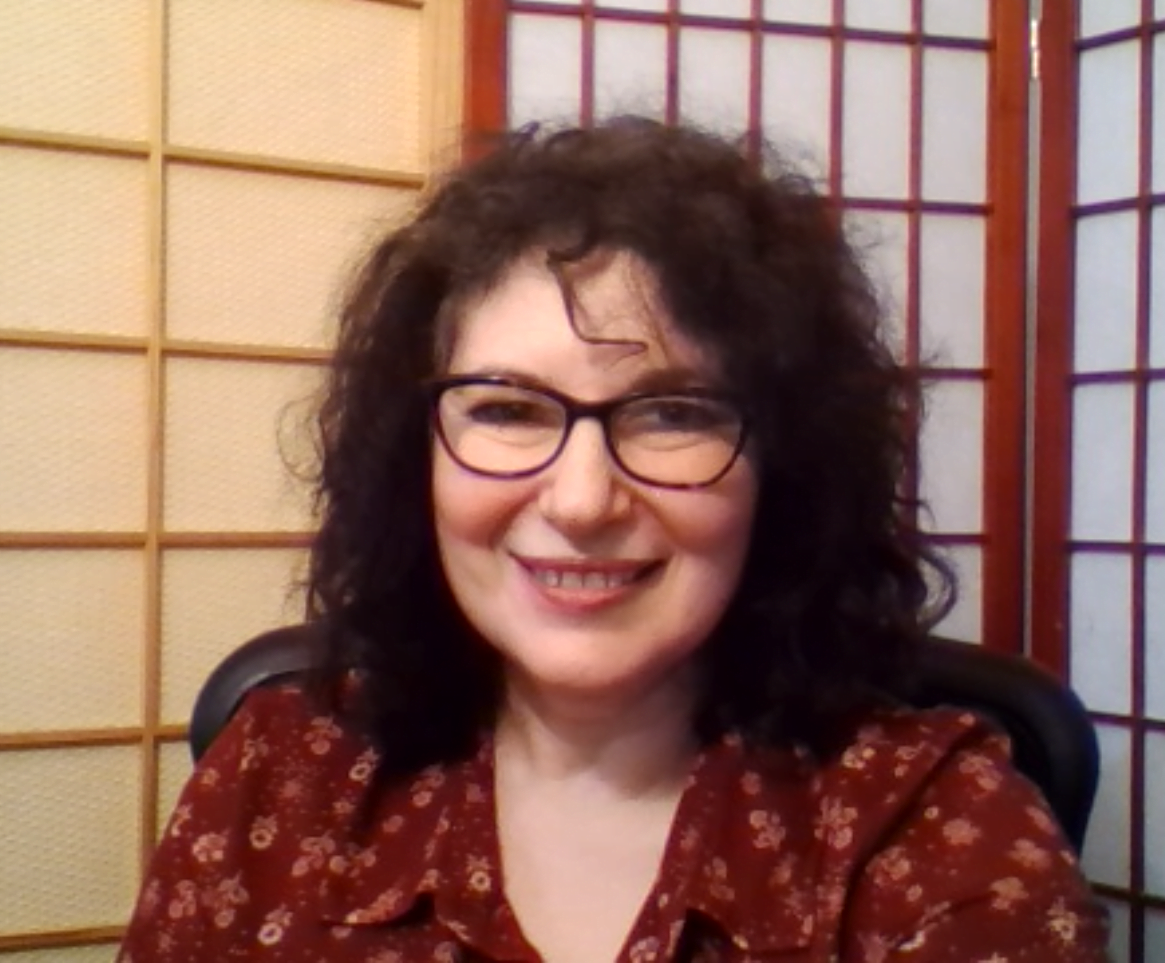|

|
WHO WE ARE
|
The HPV Alliance's mission is to raise awareness about HPV and the six cancers it causes. We aim to empower individuals to advocate for their own health by arming them with facts about HPV infection, prevention, cancer detection, and survival.
|
|
|
|
|
|
|
|
Our Upcoming Event
A Virtual Townhall with Representative Kathy Castor to Discuss the HPV Cares Act
Kathy Castor introduced the HPV Cares Act on International HPV Awareness Day (March 4th, 2021) which has passed the House Energy and Commerce Committee. The bill will now be presented to the entire House of Representatives for consideration and approval.
|
Join Marcia Cross, Jaimie Otis, and other HPV Alliance members of the board on
|
Tuesday, October 5th-3-4pm Eastern Standard Time
|
|
Save the date...and stay tuned
|
|
|
|
IN THE OFFICE
|
with Dr. Stephen E. Goldstone
|
|

|
|
Dr. Stephen E. Goldstone is an Assistant Clinical Professor in Surgery at Icahn School of Medicine at Mount Sinai in New York and has a surgical practice in New York City. He is a Fellow of the American College of Surgeons and a Member of the American Society of Colon and Rectal Surgeons. Dr. Goldstone’s clinical focus includes anal cancer, sexually transmitted infections, and human papilloma virus infections. He has developed a surgical technique to treat anal HPV-related dysplasia and is currently involved in testing both prevention and treatment procedures for HPV. He is President of the Albert Einstein College of Medicine Alumni Board of Governors. Dr. Goldstone has also spoken at conferences around the world and published extensive research on human papillomavirus (HPV).
|
|
|
|
HIGHLIGHTS FROM THE INTERVIEW
Anal Cancer Patients Did Not Necessarily Have Anal Sex
Just because you’ve had anal cancer doesn’t mean you’ve had anal sex or that you are promiscuous. You don’t have to have anal sex. Whether you’re a straight man, or a woman, or a gay man, you can autoinfect yourself. You can have no HPV in your cervix for many years, yet it can still be in your anal canal. You may never have had a lesion on your penis that you know of or in your cervix, and yet, it’s in your anal canal.
|
Most HPV Infection Is Not Symptomatic
Most HPV infection is not symptomatic. So you can't know when or how you got it. HPV doesn’t mean infidelity. It’s important to understand this. There are latent infections that develop all of a sudden. Suddenly, you have an infection.
|
Anyone Can Get Anal Cancer, Including Heterosexual Men
In terms of numbers, women have the highest incidence of anal cancer, then gay men (men who have sex with men), then immunosuppressed men and women, and then the lowest is probably heterosexual men, but it’s clearly not zero. We see anal cancer in a fair number of heterosexual men. Oftentimes they are totally embarrassed or humiliated because they’ve never had anal sex, and they don’t know how they got it.
|
Anal Cancer Is Relatively Curable
But the fact of the matter is just because someone tells you you have HPV 16 or 18 in your anal canal or cervix, it does not mean you’re destined to get cancer or die.
|
If you do get cancer, the treatment is rough, but it has very good potential to be curative. Keep your mind on that prize as you are going through treatment and get the help you need from your doctor. Make sure they hear you if you’re in too much pain; if you have open wounds, get help. It’s most important that you be your own advocate so that you can get through the treatment.
|
We Don’t Know Why One Person with High-risk HPV Gets Cancer And Another Doesn’t
We think it's something like, for example, HPV 16 causes the cells to reproduce uncontrollably, mutations accumulate, and the body doesn’t kill the bad cells. It can just be bad luck. It’s like any cancer. Who knows why someone gets pancreatic cancer and someone else does not? Mutations are constantly showing up in all the organs of our body irrespective of being invaded with HPV. We don’t fully know why people get HPV cancers.
|
Anal Cancer Survivors Who No Longer Have HPV in Their Anal Canal Are Probably Less Likely To Get A Recurrence after Treatment.
|
Women and men with anal cancer who have chemoradiation or local surgery and no longer test positive for HPV are probably in a much better position than people who go through all the treatments, but the tests still come back positive for HPV. I think that after anal cancer people need to have HPV testing and anal cytology to make sure the cells aren’t changing, and they should have high-resolution anoscopies to make sure there’s no local high-grade recurrence. You need to treat dysplasia to keep it from going out to cancer.
|
People used to say that once you hit 5 years, you’re free and clear. It isn’t necessarily so if the HPV is still there.
|
Dr. Goldstone Calls for Treating Anal Dysplasia to Prevent Anal Cancer
|
My career has been very much devoted to finding ways to treat anal dysplasia. I believe it should be treated to prevent anal cancer. And if you’re following up after anal cancer, you also have to look for high-grade dysplasia and treat it. My guess is that patients who have anal cancer had high-grade dysplasia first.
|
There should also be more testing for anal HPV in people who are at high risk for anal cancer. People who have had cervical, vaginal or vulvar dysplasia, people who have had prior cancer, or people who are immunosuppressed or on immune therapy should have a swab to see if they have anal HPV. And if they do, they should have a high- resolution anoscopy and be followed more closely.
|
|
|
|
|
|

|
SURVIVOR'S STORY
Keep Pushing Limits
by Tim McCrary
|
My crazy story starts at the beginning of April 2019 when I went in for hemorrhoid surgery.
|
|
I had been dealing with pains on and off for a year, and my doctor was treating me for hemorrhoids with sitz baths and over-the-counter creams. A month before April 2019, I started missing work because I was in so much pain when I walked. I was a saw operator, very physical work, so it was really hard to keep working. And when I walked, it felt like I had paper cuts in my anus. It was so painful, I literally cried with every step I took.
|
|
I called every doctor I felt would deal with my problem, and, finally, a doctor agreed to see me the very next day. I took off work and went to the new doctor the next day.
|
|
The doctor tried to have me get up on the table and lie on my side, but even trying to step up to the table was so painful it made me cry. So, my doctor told me to just stand for the exam. When he looked at my anus, he did not even touch anything. Then he asked me if I could go to Toledo Hospital in 3 hours. I said “yes!” When I got to the hospital, I got surgery for what I thought were hemorrhoids and was told to come back the next week for a follow up.
|
|
While I waited for the doctor, I saw a lot of medical things written on a white board in the room. I thought to myself that someone must have a very serious illness. When the doctor walked in looking troubled, I thought to myself, “he must be having problems in his life.” Then the doctor asked me if I remembered him talking to me after the surgery? I told him “No.” That’s when he stared into my eyes and said those three words no one wants to hear. “You have cancer.”
|
|
|
|
|
|
UPCOMING EVENTS
- August is National Immunization Awareness Month
- Monday August 2, 2021 3-5pm EST/12-1pm PT: HPV Vaccination: An Open Forum Webinar for Parents and Guardians. Info and Registration Link
- Wednesday. August 4, 2021 3-5pm ET/12-1pm PT: HPV Announcement Approach Training for Medical Professionals. Info and Registration Link
- Thursday, August 5, 2021 3-5pm ET/12-1pm PT: Best Practices Webinar for HPV Vaccination for Medical Professionals. Info and Registration Link
- September is Gynecologic Cancer Awareness Month
|
|
|
A Personal Note from The Author of The HPV Alliance Newsletters, Liora Brosh
|

|
|
I write the HPV Alliance newsletters because I am an anal cancer survivor. When I was diagnosed in 2018, I was shocked and confused. I had not known I had HPV16 and had no prior experience with cancer. After two years of doctors misdiagnosing my cancer, I was determined to find the best medical care and arm myself with as much knowledge as possible. So, I did what most patients do. I googled, googled, and then googled some more. But the information about anal cancer available on the internet at the time either didn't go into enough medical depth or, in published articles, went into so much depth that it was difficult for someone with no medical training to understand. Many cancer patients and survivors are hungry for information, but we can’t really stop our doctors in the middle of an appointment and ask to interview them for half an hour. But, we wish we could. This is why I felt it was important to have a space on the internet where patients, survivors, and the newly diagnosed could read what the experts say -- about new developments in treatment, about our risks for recurrence and other cancers, about how we can protect ourselves from recurrences, and about everything else we think our doctors know that we wish we also knew. I write the newsletter to help patients and survivors get the information they need to advocate for themselves. I am grateful to Lillian Kreppel and the members of the board for the important work the HPV Alliance is doing to prevent HPV cancers and to empower people like myself with knowledge. I'm especially grateful to the wonderful doctors who take time out of their busy schedules to meet me and patiently share the research and expertise patients and survivors like myself are so eager to hear. I'm also grateful to the survivors who have made it through our grueling treatment and share their inspiring stories here.
|
|
|
|
|
|
   
|
|
|
|